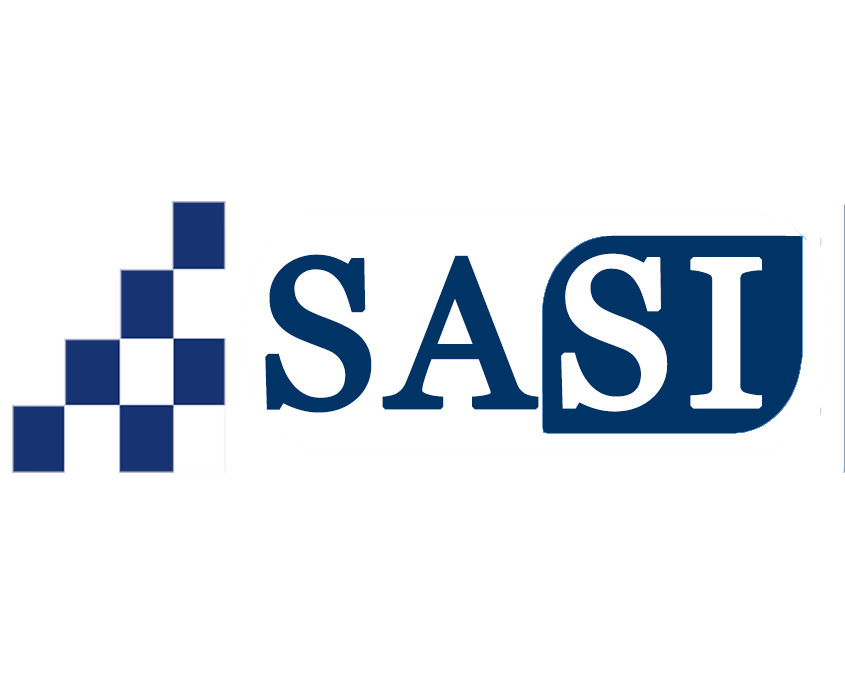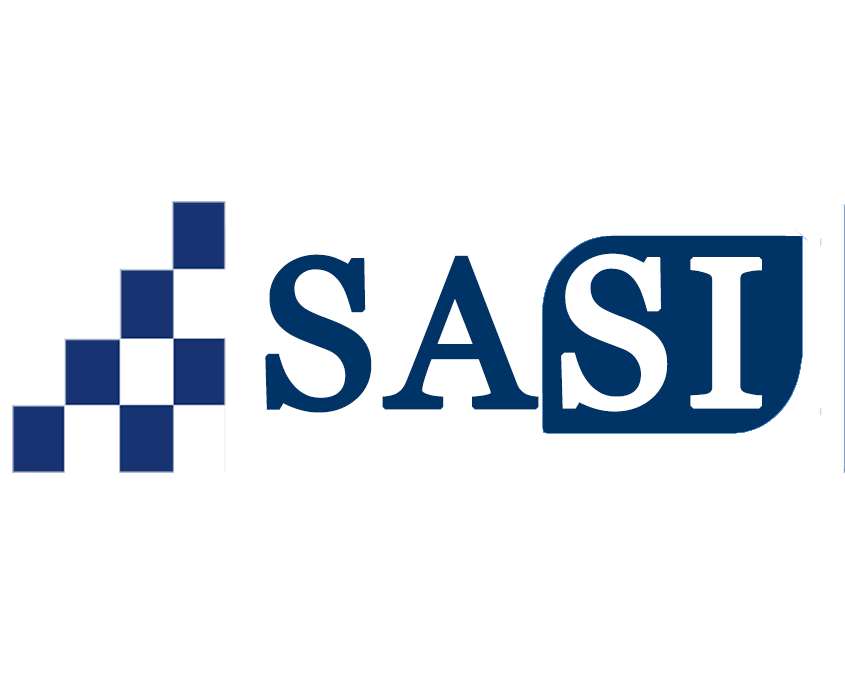Bookkeeping is an important aspect of handling a successful business. It involves recording, managing, and maintaining financial transactions to provide accurate information about a company’s financial health. Staying up-to-date with bookkeeping is crucial for businesses of all sizes, as it allows for better decision-making, compliance with legal requirements, and the ability to monitor growth. Nevertheless, many business owners face challenges in staying on top of their bookkeeping tasks.
Let’s examine 10 proven ways to stay up-to-date with your bookkeeping and ensure your financial records are accurate and reliable.
Tips to Stay Up-to-Date with Your Bookkeeping
Implement these 10 proven ways to stay up-to-date with your bookkeeping, and you’ll be well on your way to achieving financial clarity and success in your business.
Utilize Accounting Software
One of the most effective ways to streamline your bookkeeping process is by using accounting software. There are numerous options available in the market, ranging from simple to advanced solutions. Choose the software that best suits your business needs and learn its features thoroughly. Familiarize yourself with tasks such as invoicing, expense tracking, bank reconciliation, and generating financial reports. By leveraging accounting software, you can automate repetitive tasks, reduce errors, and save valuable time.
Maintain a Regular Schedule
Consistency is key when it comes to staying up-to-date with bookkeeping. Set aside a fixed time each week to dedicate to your bookkeeping activities. Create a checklist of tasks that need to be completed on a weekly, monthly, and annual basis. This checklist will serve as a roadmap, ensuring that you cover all essential bookkeeping activities. By sticking to a regular schedule, you can prevent falling behind and maintain accurate financial records.
Organize and Store Financial Documents
Proper organization of financial documents is crucial for efficient bookkeeping. Establish a filing system for physical and digital documents, allowing for easy retrieval when needed. Use labeled folders or binders for physical documents, and consider implementing cloud storage solutions for digital files. Categorize and label documents appropriately, such as invoices, receipts, bank statements, and tax-related documents. This organized approach will save you time and effort when searching for specific records.
Track Income and Expenses in Real-Time
Recording income and expenses promptly is essential for accurate bookkeeping. Implement a system to track all financial transactions as they occur. Utilize mobile apps that allow you to record expenses on the go, capturing receipts and invoices electronically. By staying on top of income and expenses in real-time, you can ensure that your financial records are up-to-date and minimize the chances of missing important transactions.
Reconcile Bank and Credit Card Statements Regularly
Reconciling bank and credit card statements is a critical step in bookkeeping. Regularly match transactions in your financial statements with your bank and credit card statements to ensure accuracy. Investigate and resolve any discrepancies promptly, as they may indicate errors or potential fraud. Aim to reconcile your accounts on a monthly basis, and consider utilizing bank feeds or integration features offered by your accounting software to streamline this process.
Stay Informed About Tax Deadlines and Regulations
Tax compliance is an essential part of bookkeeping. Stay informed about important tax filing deadlines to avoid penalties and interest charges. Keep track of tax regulations and changes that may impact your business, such as tax rate adjustments or new reporting requirements. Subscribe to newsletters, follow relevant tax authorities’ websites, or consult with a tax professional to stay up-to-date on tax matters. When in doubt, seek professional advice to ensure compliance and accuracy in your tax filings.
Review Financial Reports Periodically
Generating and reviewing financial reports is crucial for assessing the financial health of your business. Regularly analyze your financial statements, such as profit and loss statements, balance sheets, and cash flow statements. Look for trends, identify areas of improvement, and compare your current financial performance against previous periods. These reports provide valuable insights for decision-making, budgeting, and forecasting.
Engage a Professional Bookkeeper or Accountant
If you find it challenging to stay up-to-date with bookkeeping tasks or have complex financial matters, consider outsourcing some or all of your bookkeeping tasks. Hiring a professional bookkeeper or accountant can provide expertise and relieve you of the burden of managing your financial records. They can help you maintain accurate books, navigate tax requirements, and provide valuable financial advice tailored to your business needs.
Educate Yourself and Stay Current
Staying up-to-date with bookkeeping practices and industry trends is crucial for maintaining accurate financial records. Attend webinars, workshops, and seminars related to bookkeeping and accounting. Read books, articles, and blogs written by experts in the field. Join professional networks and forums where you can exchange knowledge and insights with other business owners and industry professionals. By continuously educating yourself, you can stay current with best practices and leverage new technologies and techniques to streamline your bookkeeping process.
Join a Professional Association or Network
Joining a professional association or network related to bookkeeping and accounting can provide valuable resources and opportunities to stay up-to-date with industry trends and best practices. These associations often offer educational programs, seminars, webinars, and networking events where you can learn from experts, share experiences with peers, and gain insights into the latest developments in the field of bookkeeping.
Also Read: How to Get the Best Online Bookkeeping Services For Your Needs?
FAQs
How often should I reconcile my bank and credit card statements?
It is recommended to reconcile your bank and credit card statements on a monthly basis to ensure accuracy and identify any discrepancies or errors that need to be resolved.
Do I need to hire a professional bookkeeper or accountant?
While not mandatory, hiring a professional bookkeeper or accountant can be beneficial, especially if you have limited knowledge or time for bookkeeping tasks. They can help maintain accurate records, handle complex transactions, and provide valuable financial advice.
How can I stay updated with tax deadlines and regulations?
To stay updated with tax deadlines and regulations, you can subscribe to newsletters from tax authorities, follow their websites, consult with a tax professional, and participate in industry events or seminars focused on tax-related topics. These resources will keep you informed and help you maintain compliance.
Is joining a professional association or network helpful for staying up-to-date?
Yes, joining a professional association or network related to bookkeeping and accounting provides access to educational programs, networking opportunities, and industry updates. It helps you stay informed, learn from experts, and connect with peers in the field.


